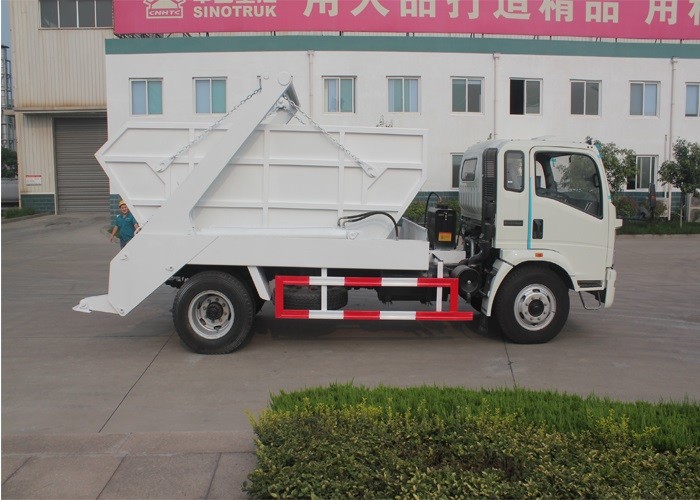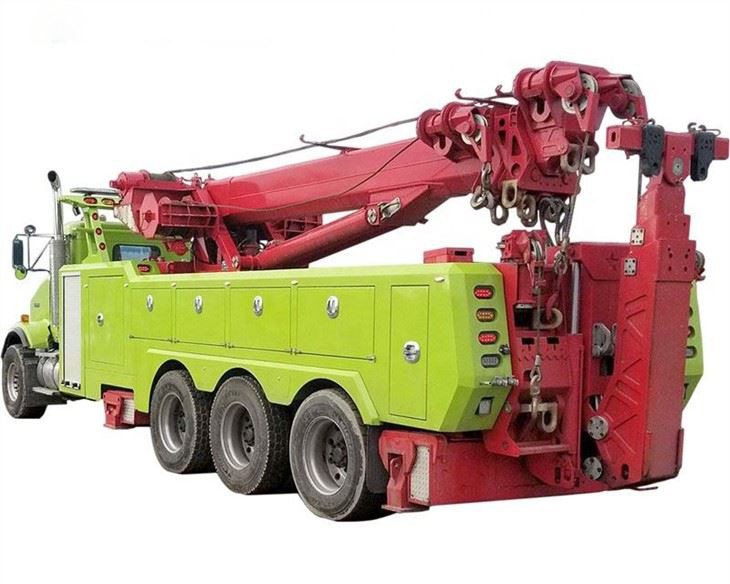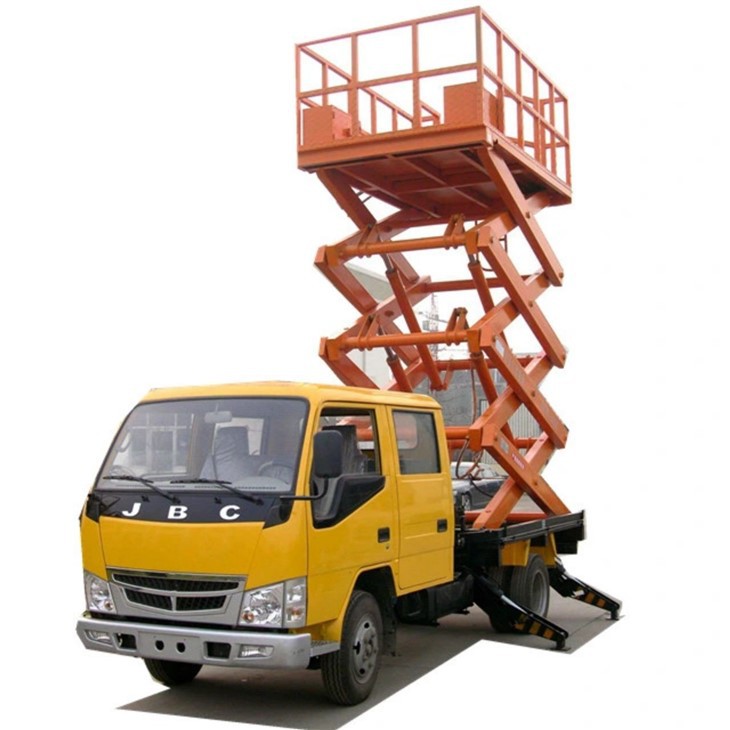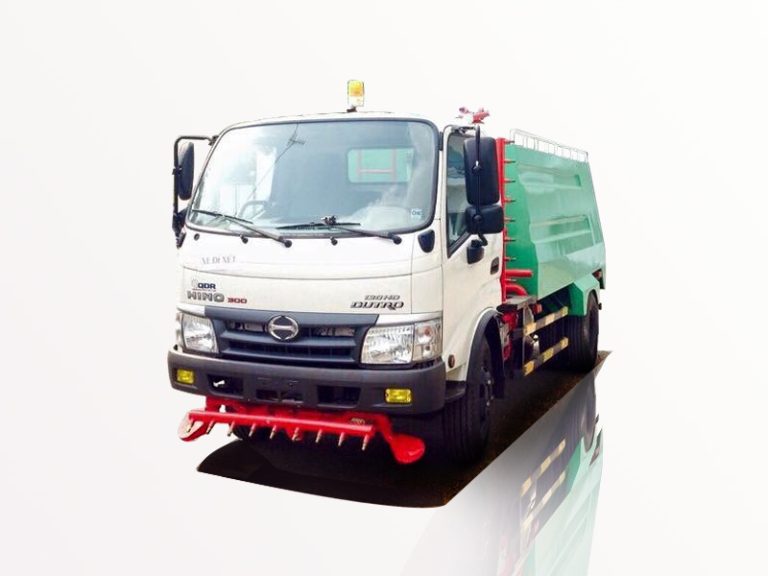Mosquito trucks play a crucial role in public health by helping to combat mosquito populations, which are vectors for various diseases. This article will explore what a mosquito truck is, how it operates, its importance in pest control, and best practices for using these vehicles effectively.
What is a Mosquito Truck?
A mosquito truck is a specialized vehicle designed for the purpose of spraying insecticides to control mosquito populations in urban areas. These trucks are equipped with advanced spraying systems that ensure an effective distribution of pesticides over large areas. Additionally, the operation of mosquito trucks is usually conducted during the evening or night when mosquitoes are most active.
Key Features of Mosquito Trucks
- Insecticide Spraying Systems: High-capacity tanks and spray nozzles for uniform coverage.
- GPS Technology: Helps in precise mapping and efficient spraying routes.
- Environmental Controls: Systems that minimize drift and reduce pesticide exposure to non-target species.
- Biodiversity Considerations: Adaptations to target mosquitoes while preserving beneficial insects.
Types of Mosquito Trucks
Mosquito control vehicles come in various forms, including:
- Retrofit Trucks: Existing vehicles modified to carry and operate spraying equipment.
- Custom-Built Trucks: Designed specifically for mosquito control operations.
- ATVs and UTVs: Smaller vehicles for more confined areas and hard-to-reach locations.
The Importance of Mosquito Control
Controlling mosquito populations is vital for public health. Mosquitoes are known carriers of deadly diseases such as:
- Dengue fever
- Malaria
- Zika virus
- West Nile virus
- Chikungunya
Risks Associated with Mosquito-Borne Diseases
Mosquito-borne diseases can lead to severe health complications and even death. For instance:
| Disease | Symptoms | Possible Complications |
|---|---|---|
| Dengue Fever | High fever, severe headaches, pain behind the eyes | Internal bleeding, organ impairment |
| Zika Virus | Fever, rash, joint pain, conjunctivitis | Birth defects in newborns |
| West Nile Virus | Fever, headache, body aches | Neurological effects, death |
How Mosquito Trucks Operate
The operation of mosquito trucks involves several key steps, from planning and preparation to execution and monitoring.
Planning and Preparation
- Mapping Infestations: Use GPS technologies to identify areas with high mosquito populations.
- Choosing Insecticides: Selecting the right chemicals that target mosquito species without harming beneficial insects.
- Weather Considerations: Planning operations based on weather patterns to maximize efficiency.
Execution of Spraying
Once the planning phase is complete, crews can initiate mosquito spraying:
- Timing: Spraying is typically done in the evening or night when mosquitoes are most active.
- Spray Techniques: Use of ultra-low volume (ULV) spraying to disperse small droplets of insecticide.
- Safety Precautions: Ensuring public safety by notifying local residents ahead of spraying.
Monitoring and Evaluation
Post-operation, it is crucial to monitor mosquito populations and evaluate the effectiveness of the spraying:
- Post-Spraying Surveys: Conducting traps and surveys to assess mosquito population reduction.
- Adjustments: Making necessary changes to future operations based on results and feedback.
Best Practices for Using Mosquito Trucks
To ensure effective mosquito control, certain best practices should be followed during the operation of mosquito trucks:
1. Engage with the Community
Communication with the public helps ease concerns about pesticides and ensures cooperation. Local meetings, social media announcements, and flyers can be effective.
2. Use Environmentally Friendly Insecticides
Always prioritize insecticides that have minimal impact on non-target species and the environment. Research and select options that are known for their efficacy and safety.
3. Schedule Spraying Wisely
Assess natural habits of mosquito populations to optimize timing for spraying. High humidity and temperatures can increase mosquito activity and bite rates.
4. Train Personnel Effectively
Staff should be well-trained in both operations and safety practices to ensure the operation goes smoothly without incidents.
5. Evaluate Results Regularly
Incorporate regular assessments of sprayed areas to understand effectiveness. This will inform future adjustments and improve results continuously.
Where Can Mosquito Trucks Be Found?
Mosquito trucks are typically operated by local health departments or pest control companies in areas prone to mosquito infestations. Here are some common locations:
- Urban Areas: Cities with stagnant water or high population density.
- Rural Communities: Areas near agricultural lands where irrigation may create favorable environments for mosquitoes.
- Public Parks and Recreational Areas: Locations where people congregate are often targeted to protect public health.
Practical Examples of Mosquito Truck Operations
Analyzing real-world examples can provide insight into how mosquito trucks effectively combat mosquito populations:
Case Study 1: Urban Infestation in Miami
In Miami, a sudden spike in dengue fever cases prompted the local health department to deploy mosquito trucks. They targeted highly populated neighborhoods, using GPS mapping to ensure thorough coverage. Over the summer, they managed to reduce adult mosquito populations significantly, leading to a 60% decrease in reported cases.
Case Study 2: Rural Mississippi
The state spray program in Mississippi faced challenges due to vast open spaces. They adapted their approach by using smaller ATV-mounted sprayers to reach areas deep within agricultural fields. This led to better targeted applications and significantly reduced mosquito populations before the rainy season.
Challenges Faced by Mosquito Control Programs
Despite their effectiveness, mosquito control programs using trucks face several challenges:
1. Public Perception and Safety Concerns
Residents sometimes worry about the safety of chemical use, demanding transparency about methods and substances used.
2. Resistance to Insecticides
Over time, mosquito populations can develop resistance to certain chemicals, making control efforts more difficult.
3. Environmental Impact
Ensuring minimal impact on beneficial insect species and the environment is a complex balance that requires ongoing research and adaptation.
4. Budget Constraints
Many health departments operate on limited budgets that may hinder the frequency and effectiveness of mosquito control efforts.
Costs Associated with Operating Mosquito Trucks
Understanding the costs associated with mosquito control operations can be beneficial for planning and budgeting:
| Item | Estimated Cost |
|---|---|
| Vehicle Purchase/Lease | $20,000 – $100,000 |
| Insecticides and Equipment | $5,000 – $15,000 per season |
| Staffing Costs | $30,000 – $50,000 annually |
| GPS and Technology | $2,000 – $5,000 |
| Public Awareness Campaigns | $1,000 – $5,000 |
Innovations in Mosquito Control Technology
The field of mosquito control is continually evolving, with innovative technologies emerging to enhance effectiveness:
Drone Technology
Drones can be used to map out mosquito breeding sites and perform targeted spraying in hard-to-reach areas, providing precision that trucks alone cannot achieve.
Genetic Control Methods
Releasing genetically modified mosquitoes that produce non-viable offspring can help reduce populations without the need for chemical intervention.
Smart Monitoring Systems
Using IoT (Internet of Things) technology, smart traps can provide real-time information on mosquito populations to inform spraying efforts accurately.
Frequently Asked Questions (FAQs)
What chemicals do mosquito trucks use?
Mosquito trucks primarily use synthetic and naturally derived insecticides that target adult mosquitoes while minimizing environmental impact. Common options include pyrethroids and permethrin.
How often do mosquito trucks operate?
The frequency of operations varies by location and mosquito populations, but typically, trucks may be deployed several times a month during peak mosquito season.
Are mosquito sprays safe for pets and humans?
While the insecticides used are generally safe when applied according to guidelines, it’s advisable for residents to stay indoors during spraying and keep pets inside as a precaution.
What should I do if I see a mosquito truck in my area?
Stay indoors and close windows during spraying to minimize exposure. Look out for community announcements regarding the spraying schedule and instructions.
Can I do anything to prevent mosquitoes in my yard?
Yes! To reduce mosquito populations around your home, eliminate stagnant water, keep gutters clean, and consider using mosquito-repelling plants.
How can I report a mosquito problem in my area?
If you have concerns about mosquito populations, contact your local health department or pest control agency to report the issue and request assistance.



